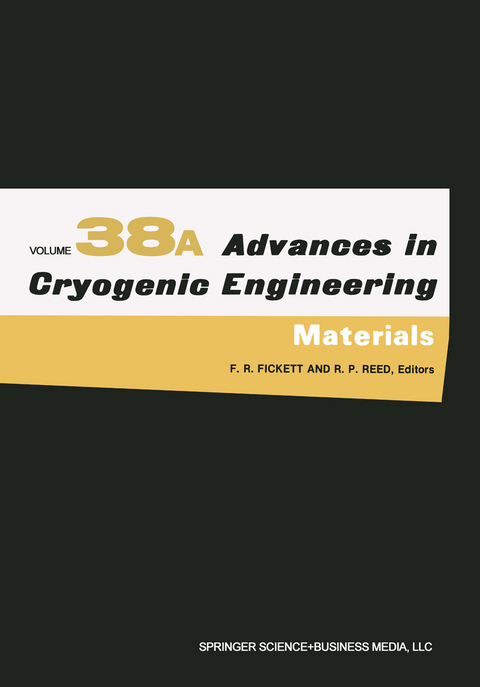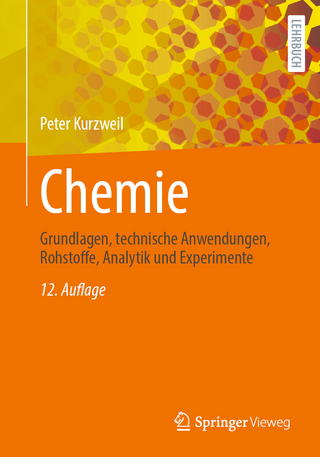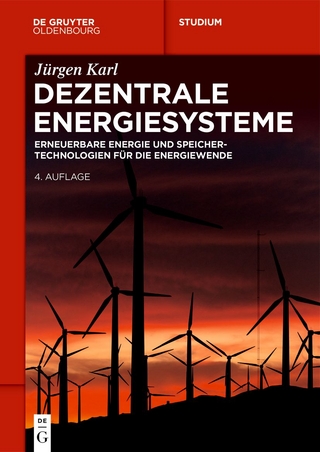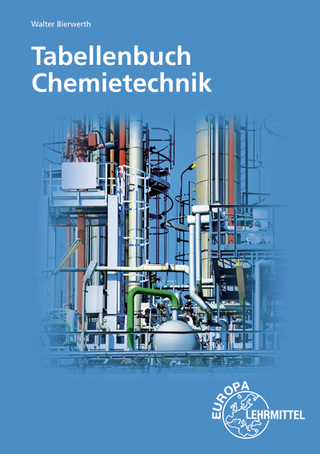
Materials
Springer-Verlag New York Inc.
978-1-4757-9052-8 (ISBN)
Mechanical Properties of Incoloy 908 — An Update.- The Effect of Indium Additions on the Cryogenic Tensile Properties of Superplastically Deformed Al-Cu-Li-Zr Alloy 2090.- Deformation and Fracture of Al-Li Alloys in Mechanical-Impact Tests.- Microstructure and Cryogenic Tensile Fracture Behavior of an Al-Li-Zn-Zr Alloy.- Microstructural Influence on the Work Hardening of Aluminumlithium Alloy 2090 at Cryogenic Temperatures.- Effects of Nb3Sn Heat Treatment on the Strength and Toughness of 316LN Alloys with Different Carbon Contents.- Metastable Austenites in Cryogenic High Magnetic Field Environments.- Property Evaluation of Ni Base Alloy for Superconducting Generators and Its Application to Seal Welded Joints.- Vamas Second Round Robin Test of Structural Materials at Liquid Helium Temperature.- Effect of Hydrogen Charging on Ambient and Cryogenic Mechanical Properties of a Precipitate-Strengthened Austenitic Steel.- Deformation Measurements of Materials at Low Temperatures Using Laser Speckle Photography Method.- Hydrogen Effect on the Mechanical Properties of Incoloy 907 from Ambient to Cryogenic Temperature.- Thick-Section Weldments in 21-6-9 and 316LN Stainless Steel for Fusion Energy Applications.- Joining of Austenitic Stainless Steels for Cryogenic Applications.- Creep of Indium at Low Temperatures.- 1100 Hour Creep Test Results for Ofhc Copper: Validation of Previously Published Results.- Fatigue and Fatigue Crack Growth Properties of 316LN and Incoloy 908 Below 10 K.- Deformation Structures in High-Cycle Fatigue of 0.1N32Mn-7Cr Steel at Cryogenic Temperatures.- Near-Threshold Fatigue Crack Growth of Austenitic Stainless Steels at Liquid Helium Temperature.- Long-Crack Fatigue Thresholds and Short Crack Simulation at Liquid Helium Temperature.- SuperconductorConduits: Fatigue Crack Growth Rate and Near-Threshold Behavior of Three Alloys.- High-Cycle Fatigue Properties of Titanium Alloys at Cryogenic Temperatures.- Cold Thermal Fatigue of Austenitic Stainless Steel.- Influence of Aging on the Fracture Toughness of Cryogenic Austenitic Materials, Evaluated by a Simple Test Method.- Effects of Boron on Increasing Toughness of High Strength High Manganese Non-Magnetic Steels.- The Charpy Impact Test as an Evaluation of 4 K Fracture Toughness.- Charpy Specimen Tests at 4 K.- Selected Residual Effects Upon Temperature Transitions.- Reactor Neutron and Gamma Irradiation of Various Composite Materials.- Radiation Damage of Glass-Fiber-Reinforced Composite Materials at Low Temperatures.- Effects of Fabric Type, Specimen Size, and Irradiation Atmosphere on the Radiation Resistance of Polymer Composites at 77 K.- A Radiation-Resistant Epdxy Resin System for Toroidal Field and Other Superconducting Coil Fabrication.- Effects of Radiation on Insulation Materials.- Radiation Effects on High Current Diodes at Cryogenic Temperatures in an Accelerator Environment.- Alumina Dispersion-Strengthened Copper Alloy Matrix Ti Added Nb3Sn Wire by the Tube Process.- Electrical Resistivity of Nanocrystalline Ni-P Alloys.- Magnetic Property of Gadolinium Hydrides.- Quench Protection Diodes for the Large Hadron Collider (LHC) at Cern.- Coefficient of Friction Measurements of Solid Film Lubricants at Cryogenic Temperatures.- Magneto-Transport Properties of Filamentary Aluminum Conductors in Magnetic Fields, 12–30 K.- Tribological Behavior of 440C Martensitic Stainless Steel from -184°C TO 750°C.- Scaling Tests on Smooth and Notched Specimens of Polyimide (Sintimid) at Cryogenic Temperatures.- Several Properties of Impregnating Epdxy Resins Used forSuperconducting Coils.- Shear Behavior of Glass-Reinforced Systems at Low Temperatures.- Shear Fracture Tests (Mode II) on Fiber Reinforced Plastics at Room and Cryogenic Temperatures.- Compression and Shear Tests of Vacuum-Impregnated Composites at Cryogenic Temperatures.- Cryogenic Fatigue Testing of Glass Reinforced Epdxy Tubes.- Glass-Film-Glass Hybrid Organic Composites for Forced-Flow Fusion Magnets.- Fracture-Mechanical Characterization of Fiber Reinforced Plastics in the Crack-Opening-Mode (Mode I).- Fracto-Emission from Crystalline and Non-Crystalline Materials at Cryogenic Temperatures.- Friction and Wear of Radiation Resistant Composites, Coatings and Ceramics in Vacuum and Low Temperature Environment.- An Innovative Process for the Impregnation of Magnet Coils and Other Structures.- Large Scale Tests of Composite Support Struts for Superconducting Magnetic Energy Storage Rings.- Friction and Wear of a Three-Dimensional Fabric-Reinforced Plastic at Room Temperature and Liquid Nitrogen Temperature.- Modification of the Astm D 3039 Tensile Specimen for Cryogenic Applications.- Thermal Insulating Support Systems for Radiation Environments.- Fatigue Behavior of UD-Carbon-Fibre Composites Cryogenic Temperatures.
| Reihe/Serie | Advances in Cryogenic Engineering ; 38 |
|---|---|
| Zusatzinfo | XXII, 457 p. |
| Verlagsort | New York, NY |
| Sprache | englisch |
| Maße | 178 x 254 mm |
| Themenwelt | Naturwissenschaften ► Chemie ► Technische Chemie |
| Naturwissenschaften ► Physik / Astronomie ► Festkörperphysik | |
| Naturwissenschaften ► Physik / Astronomie ► Thermodynamik | |
| Technik | |
| ISBN-10 | 1-4757-9052-X / 147579052X |
| ISBN-13 | 978-1-4757-9052-8 / 9781475790528 |
| Zustand | Neuware |
| Haben Sie eine Frage zum Produkt? |
aus dem Bereich


